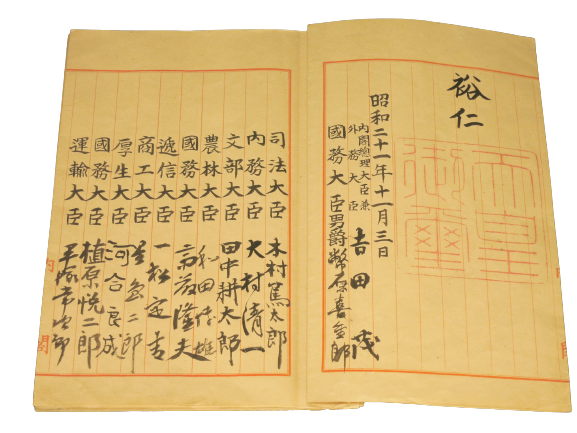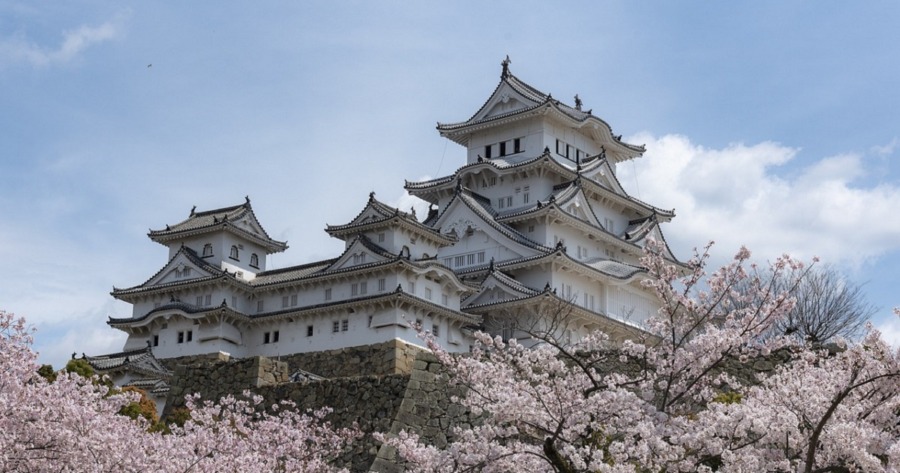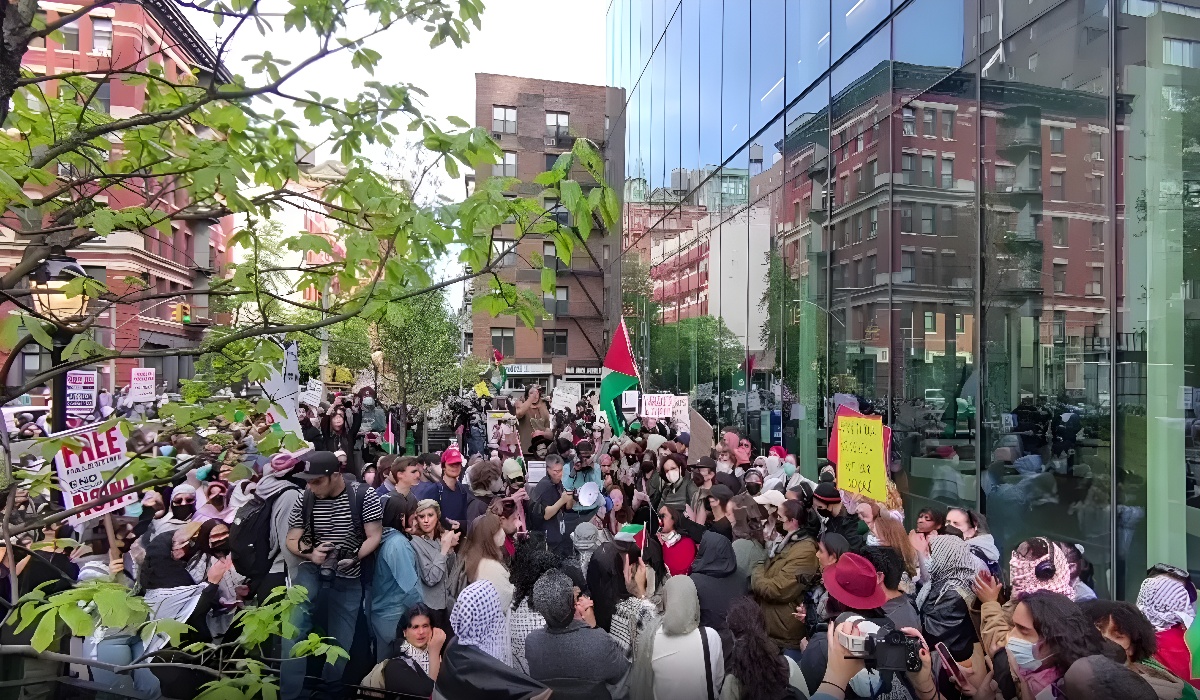The drafting of a constitution holds great significance in shaping a nation’s history. In the case of Japan, the post-World War II era saw American authors, predominantly led by two senior army officers with law degrees, Milo Rowell and Courtney Whitney, collaborating with Japanese scholars to draft a new constitution. General Douglas MacArthur, the Supreme Commander of the Allied Powers, played a substantial role in the process.
In the aftermath of World War II, Japan faced the daunting task of rebuilding and transforming itself. The Allied Occupation, spearheaded by General MacArthur, sought to introduce democratic principles and ensure lasting peace in the region. The decision to involve American authors in drafting the Japanese Constitution stemmed from a desire to incorporate democratic values while addressing the unique needs of Japanese society.

Milo Rowell and Courtney Whitney were chosen for their expertise in constitutional law and democratic governance which helped shape the document’s content. However, it is important to note that their contributions were complemented by the insights and modifications suggested by Japanese scholars, who played a significant role in ensuring the Constitution was tailored to Japanese society.
As the Supreme Commander of the Allied Powers, General Douglas MacArthur wielded considerable influence over the document. His primary objective was to prevent a resurgence of militarism in Japan, instead fostering an atmosphere of peace and stability. MacArthur’s influence helped shape the Constitution, emphasizing democratic values, human rights, and the separation of powers.
One of the most contentious aspects of the Japanese Constitution is Article 9, which renounces the use of war as a sovereign right and prohibits the maintenance of military forces. This article directly responded to Japan’s militaristic past and aimed to redirect the country’s focus towards peaceful endeavours and international cooperation.
Article 9 has had a profound and enduring impact on Japanese society. Its inclusion in the constitution created a unique pacifist identity for Japan, emphasizing peaceful coexistence and prioritizing diplomacy over military aggression. The provision, often called the “Peace Clause,” has guided Japan’s foreign policy and approach to international conflicts.
The Japanese hold diverse opinions regarding Article 9. Some appreciate the presence of American forces in Japan, seeing them as a safeguard against threats from neighbouring countries. They believe that Article 9 and the security alliance with the United States provide protection and stability. However, others advocate for revising or even abolishing Article 9, arguing that it restricts Japan’s ability to defend itself and contributes to an overreliance on the United States for security.
As Japan continues to navigate its unique constitutional landscape, the legacy of American involvement and Article 9’s implications will remain subjects of discussion and reflection for years to come.
Image source, Wikipedia









